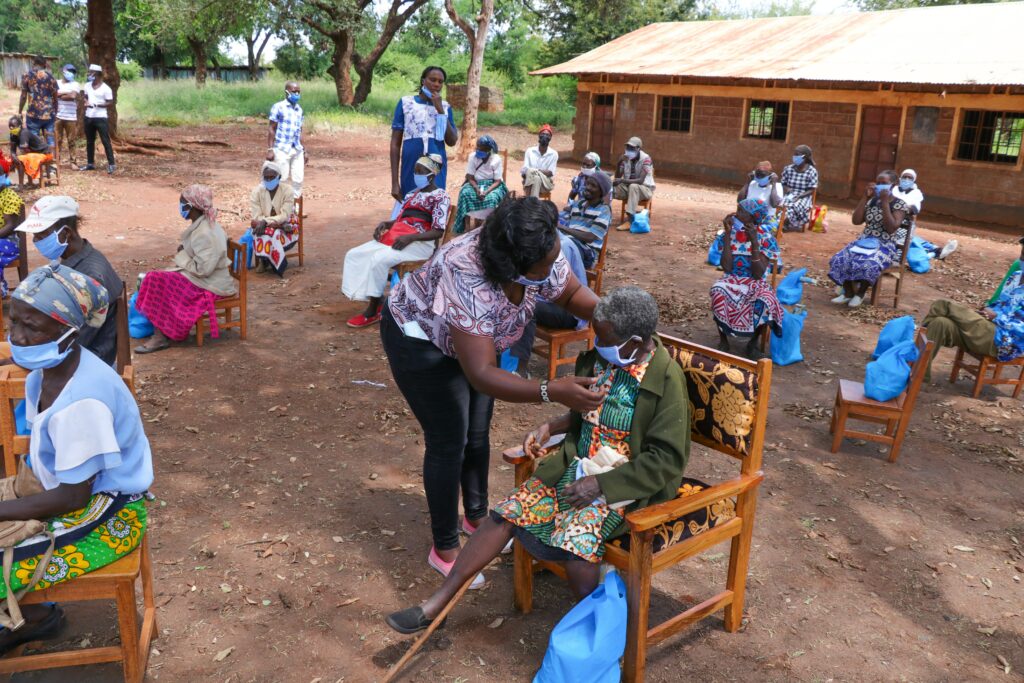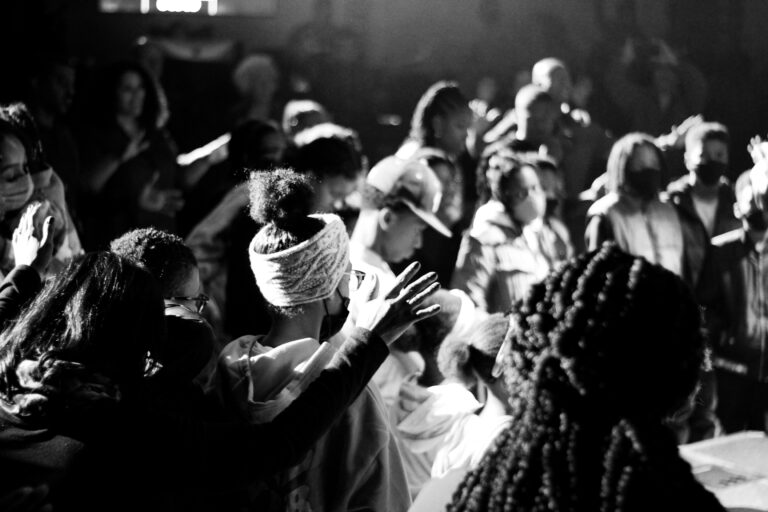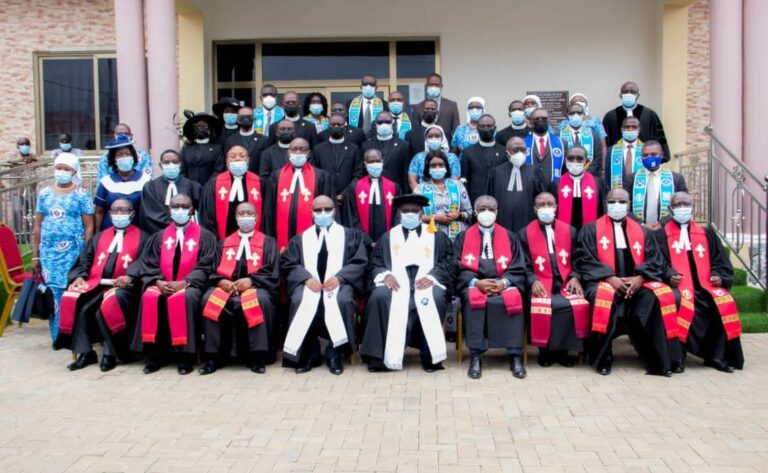Go and do likewise! These words were the concluding remarks of Jesus to his disciples when he told the parable of the Good Samaritan in Luke 10:25–37. Last week, after I made a post on my Facebook page, someone texted me asking, “What is the church’s mission, and how are we called to minister to the world?” I replied, “The parable of the Good Samaritan answers that” (Luke 10:25-37)! I’ll explain why in this blog. The parable of the Good Samaritan is so well-known that we often overlook some of the crucial facts that drive it; nonetheless, it still contains a valuable message that can influence how we do church.
We always praise the Samaritan for what he did and condemn the acts of those who paid no attention to the wounded man left in the pool of blood. Indeed, when pastors preach on this parable, they encourage us to be like the good Samaritan, something we all seek. Like the heroic Samaritan, we all want to be our family, church, and society’s heroes. But the Samaritan in this parable was the hero because he first felt the pain of the unknown man beaten by robbers and lying lifeless on the roadside. Perhaps, the Samaritan offered help to the injured man because he might have said to himself, “What if I was the one lying in this pool of blood?” “What if I was the one beaten and robbed?” “It was no fault of this person to have suffered this at the hands of the robbers. He doesn’t deserve this, and I must help him. ” The suffering of the injured man moved the Samaritan; therefore, he got his hands soiled and covered in blood while attempting to assist and save the half-dead man. That was not the case for the priest and the Levite. These two people walked away selfishly without thinking about the pain of the wounded man. Probably, they might have said in their mind, “This man was beaten because he is evil; he deserves it.” The priest and the Levite didn’t offer any help because they judged the injured man instead of showing love and compassion for him.

As a church, we can offer help and support to the wounded world when we feel the pains of the marginalized. When we put ourselves in the shoes of others, we will be moved with compassion and love. We cannot be the good Samaritan when the pain of others isn’t our pain. We cannot be the good Samaritan to our society when we are selfish, corrupt, and insensitive. Being a good Samaritan means not just looking out for and speaking up for the weak, vulnerable, and marginalized people of our society but also holding the government, state institutions, and its leaders accountable for their stewardship. The church’s primary mission is to express our love for God, our neighbors, and other creation. Truly, prayer, teaching, and worship (our expression of love for God) are integral parts of the church’s being; nevertheless, we can’t be a holistic church unless we also endeavor to equally give attention to missions, witnessing, and caring for God’s creation. Thus, as a church, we must become relevant to society in every aspect.












This Post Has 6 Comments
Nice bro… keep doing more
Thank you
“The church’s primary mission is to express our love for God, our neighbors, and other creation.” God, neighbors and other creation indeed! All three together makes a great difference. Shall we now go out and make a difference? … Very well said Alfred. Theologyisfine lol
Thank you Paul
The mindset of the ekklesia is weak! Only on what to gain and not what to give and disciple others.
“The church’s primary mission is to move out from our comfort zones and express our love for God in deed, our neighbors as ourselves, and other creation.”
God bless you Alfred.
Thank you Rev, you have perfectly captured the role of the church in a more profound way.
Thanks for your thoughts.
Comments are closed.